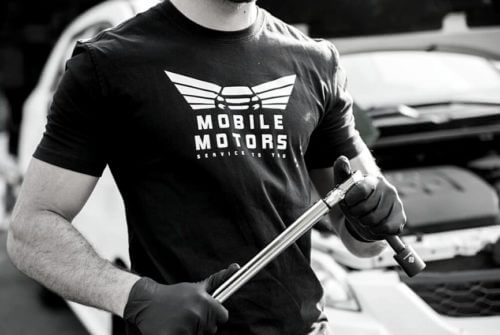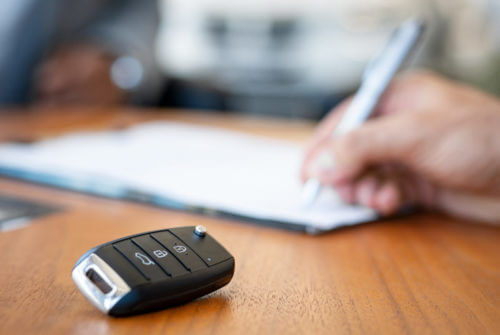
Vehicles require regular maintenance to keep them running smoothly as some of their parts tend to get worn out over time. Once your quietly purring car starts to sound more like a furious tiger than a loving kitten, it may be high time for you to have your wheel bearings checked out.
Although it is best to have your car inspected by a professional mechanic to pinpoint the root cause of the problem, having some knowledge about what could be causing such noises is good, too. After reading this article, you will learn about the different car noise-related symptoms and what you can do to prevent wheel bearing failure.
4 Noise-Related Symptoms of Worn or Failing Wheel Bearings
A wheel bearing is a set of steel balls inside a metal ring. It is responsible for making the wheels spin fast with very minimal friction. While bearings can be used in different vehicles ranging from airplanes to bicycles, they are more commonly used in cars.
In this scenario, wheel bearings “ride” a metal axle shaft that is usually located inside a hollow metal at the center of the wheel called the “hub.” When this component of the car isn’t working as it should, it creates certain sounds and vibrations that indicate a specific type of problem.
1. Faint Bearing Noise Gets Louder Over Time
As mentioned earlier, a perfectly working wheel bearing shouldn’t make any loud noises. This means that when you start hearing a sound that only gets louder over time, it may indicate a problem with your wheel bearing. If the noise is similar to the sound of flapping cards or the tires sound like they’re hitting rumble strips on a highway, the wheel bearing seal might be damaged.
2. Noise on Either the Right or Left Side of the Car
Noise that is louder on one side of the vehicle can be used to determine which side of the vehicle has bearings that require attention.
To check this, drive your vehicle at a speed of 40 miles per hour and sway it from one side to the other gently. When the weight is shifted, monitor whether the sounds get louder and on which side. If the noise is softer when you turn right, the broken bearing is on the left wheel, and vice versa.
3. Tire Noise
Another type of noise that may indicate wheel bearing damage involves the tires. If the tires create rhythmic sounds from being “scalloped” or worn in patches, it may be because of a worn-down wheel bearing.
4. Grinding Noise
Loud grinding noises often come from failing wheel bearings with heat buildup and loss of lubrication. To determine if this is the case for your car, listen for sounds akin to that of two metal pieces grinding against each other, especially when turning or shifting.
3 Ways to Prevent Wheel Bearing Failure
Regular car maintenance is your best bet in keeping your vehicle wheel bearings in optimal condition. Aside from that, you can also follow the tips below to help avoid facing a failing wheel bearing dilemma:
1. Handle Them Carefully
Although bearings seem indestructible due to their solid feel, they are actually sensitive components of the vehicle that require extremely careful handling. The slightest mishandling of these parts can result in internal geometry issues that will eventually cause premature failure and damage to other car components.
2. Keep Them Clean and Dirt-Free
Tiny particles of dirt and grit lodged into bearings can cause damage to the components and shorten their lifespan. This is why it is important that you keep your garage and car repair space dirt-free as much as possible.
3. Mount Them Properly
The proper installation and mounting of wheel bearings are also imperative to achieve optimal functionality and maximize wheel bearing lifespan. Make sure you (or your mechanic) follow the mounting procedure according to the vehicle manufacturer’s recommendations. Applying incorrect mounting force can lead to premature failure and may even cause indentations on the bearing raceways
When to Replace Wheel Bearings
Your vehicle wheel bearings shouldn’t fail for a very long time, especially if you or your mechanic got them from a reputable bearing supplier.
In fact, even if your car starts to get a little noisy, your wheel bearing should still work and won’t cause your car to stop unexpectedly. Still, loud sounds from this car component might mean you need to check the vehicle’s condition to determine whether it’s time to have it (or any of its other parts) replaced.
AUTHOR BIO
Hassanein Alwan is the Managing Director of Mineral Circles Bearings with more than 10 years’ experience in the bearing industry’s technical support division, sales and marketing, plus strategic business development consultancy.





